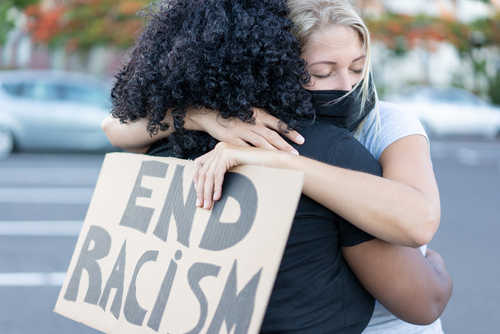
(Newsglobal.com)- After current and former scouts voiced concerns that it could affect Black members and girls of color, the Canadian equivalent of the Girl Scouts is removing the moniker “Brownie,” the membership branch of some of its youngest members.
With the aid of present scouts and grownup alumni, the Girl Guides of Canada’s seven and 8-year-old members will now go by the moniker Embers. Brownies are still used by some scouting groups, such as Girl Scouts of the USA, although the CEO of Girl Guides of Canada, Jill Zelmanovits, remarked that the name’s origins are less significant than the impression it gave girls.
Girl Guides of Canada stated that the change was made after members complained that the last name offended them. A spokesperson said that this name made them feel extremely uncomfortable, prompted teasing and racist comments, and was a barrier to feeling that they belonged at Girl Guides.
According to the organization, the name of this branch deters some people from joining. Some girls wait until after this branch to join Girl Guides or entirely skip this branch.
According to Girl Guides, Embers will be used by Girl Guide troops immediately, with upgraded Embers materials and uniforms to come.
Brownies were the first membership level in the UK scouting organization Girlguiding, founded in 1909 as a Guide Association. So that girls younger than 11 could participate, the Brownies (formerly known as Rosebuds) were created.
Other significant Western scouting organizations, such as Girl Guides of Canada and the Girl Scouts of the USA, adopted the name in the following years. The second and third-grade members of the latter group are known as Brownies.
Since 2020, Girl Guides and Girl Scouts have committed to becoming “anti-racist organizations.” The Girl Scouts of the USA told CNN, “We are committed to upholding this vow and actively examining all parts of our program to assure alignment with this commitment.”
The group supported its “sister organizations throughout the world in making decisions that best reflect the wellness and objectives of their communities, and most importantly, girls,” the organization said.













